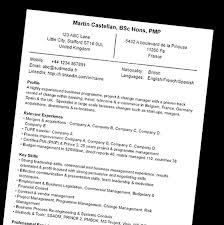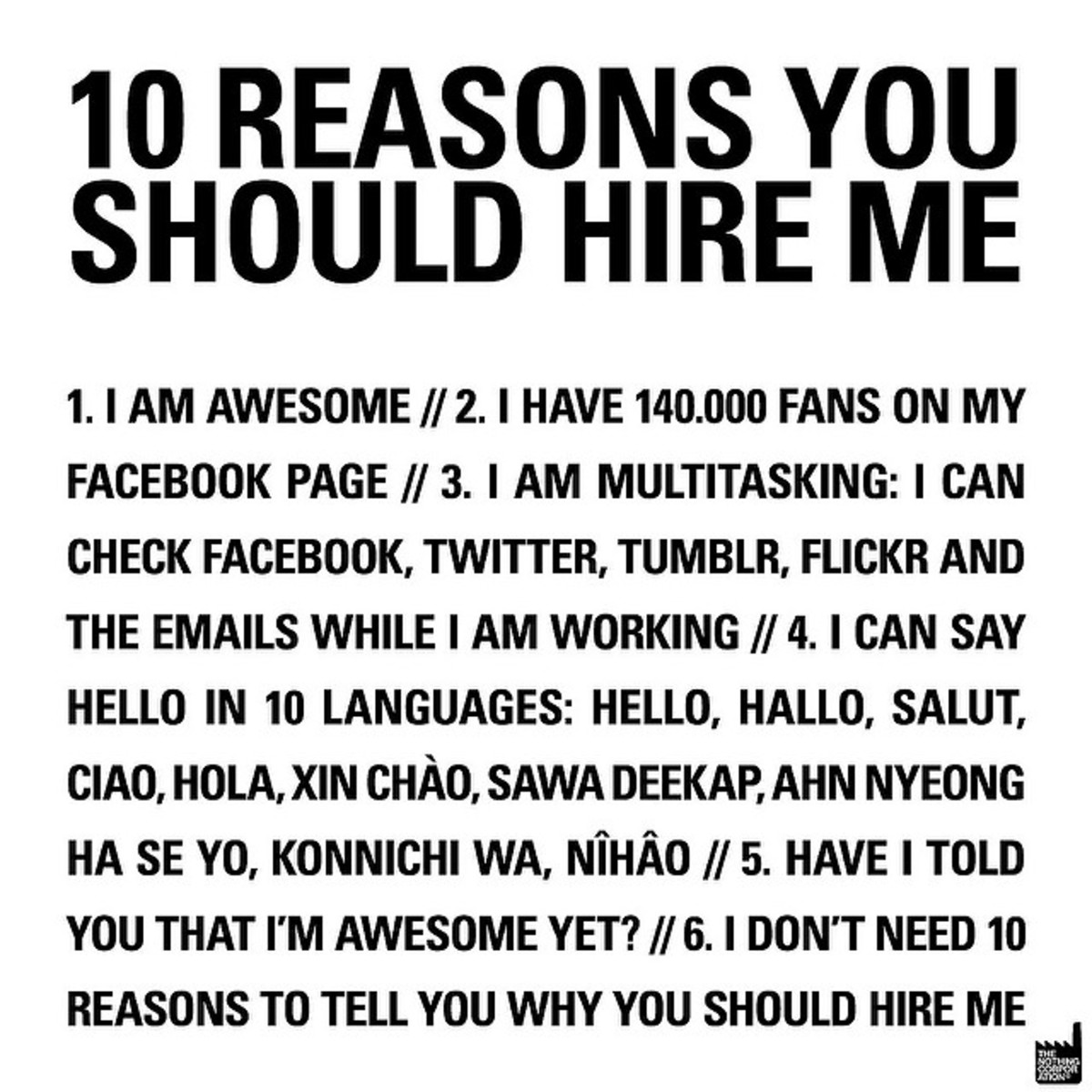Resumes: the truth for a new economy

New rules for resumes
Resumes, the truth! Read it here. If Phil Rosenberg is correct, many of us will have to think about resume writing a lot differently if we are not getting hired. I caught Rosenberg's webinar through LinkedIn, and it was quite an eyeopener. Rosenberg, by the way, used to work as a recruiter and has done much research on resume writing. While I found some of what he said quite familiar, I found some of what he said quite stunning,
Applicant Tracking System and Keywords
In most cases, when you apply for a job, your resume is routed right into an applicant tracking system. Even small companies can outsource this process. That's because they get at least 1,000 resumes for each job that is advertised. Only 10 years ago, it was 100 resumes for each job advertised, but these days at least 85% of us are looking for work, because we're unemployed or because we want to switch jobs. Because of this high volume, companies have gotten computers to do the heavy lifting. (Have you ever tried to read 1,000 resumes? Even reading 50 can be quite tedious).
What the companies will do is look for exact matches using 7-10 keywords that relate directly to the job and stop after they get the first 15 or 20 resume hits that match exactly. Not approximately, not sort of, but exactly. Highly qualified candidates may get excluded, and those that don't know about keywords will get buried.
Six seconds and 15 seconds to decide
Next, if your resume makes the first cut, it might actually be reviewed by a human. But beware, says Rosenberg. That person is only reading "above the fold" ( the top half of the resume". That means all your best stuff needs to be placed as high as possible). It will take someone six seconds to determine if you're qualified, and then another 15 seconds to decide whether you will get an interview. So your resume will have to be concise and have an effective branding statement.
Heavily customize your resume for each position
Certainly we all used to teach and preach about the fact that one size resume does not fit all jobs. But with applicant tracking systems, you will have to study your job ad scrupulously, (or if you've been in touch with the company, understand what problems they want solved) and use words that exactly match their requirements (not synonyms even!).
Focus most of your work on your resume, not your cover letter
Rosenberg claims that cover letters are on the way out and that transmittal emails or even very short email transmittal notes are all that is really needed these days. Applicant tracking systems don't scan cover letters, and humans tend to ignore them. I don't know if I completely agree. One exception,for sure, is in the writing field where your letter demonstrates your skill (so if you're a journalist, a copy writer, a social media expert, or any other type of writer, the cover letter will be a mini demonstration). Also, since I teach writing, I tend to think it's important to demonstrate that I can write when I apply for a job as a teacher.
Demonstrate value and WIFT
Demonstrating value means illustrating how you have solved problems, plain and simple. That advice has been going around for years anyhow, but it is even more crucial that you follow it. So accomplishment statements are highly important on a resume.
In fact, ensure that your resume focuses on value and not responsibilities. Many of us, according to Rosenberg were taught how to write resumes that emphasize what duties we had and what skills we possess. Now people with skills are a dime a dozen and the employer can say "so what".
Your resume may be pre-screened about 5 times before anyone might even be remotely interested in calling you in, so you will have to ensure that you pique your reader's interest. Your potential employer is looking to see if you have solved any key problems that are similar to what that company is facing. Otherwise, to paraphrase Seth Godin, you're just another commodity.
So, avoid words such as, "responsible for", "liaised with", "co-oridinated"
Employer focused - Your new mantra is WIFT or "what's in it for them". Repeat that over and over to yourself until it oozes out of every pixel on your resume. Many of us were more self-centred (there were more jobs) on our resume and could get away with even with saying what we wanted (although, good employment counselor that I was, I would preach against that even 15 years ago in my classes). So use facts, figures, numbers, percentages, and SAR statements (situation, action, results) that demonstrate your value-add.
Stay away from job boards
According to Rosenberg, the odds are 1 in 10,000 to get a job that is posted on a job board. We all know that, and we've heard that everyone is looking at them, and flooding them with their resumes. Job boards, though, can be clues to companies that are demonstrating activity and that could very soon be hiring in your area. So approach the company with a lot of adds and get more information on their future needs.
To sum up
So for resumes: the truth is that there are new rules . You'll need to become adept at keywords for jobs, at writing the good stuff above the fold and on focusing more on value and less on skills. Good luck.
Some resources
- Phil Rosenberg's webpage
Read more about Phil Rosenberg's work on his personal blog - 10 Tips for phone interviews
The next time the phone rings, it might just be an HR agent who is ready to interview you for a job for which you might have recently submitted your resume. Welcome to the phone interview. These are more common in this competitive job market used to - How to prepare for behaviorial Interview questions ...
Mastering Behavioral interview answers is difficult. These questions are supposed to make you squirm. They don't have correct answer, and in fact, they make ask you to describe a situation where something went wrong and how you handled it. The premis - Resume writing tips: Nine things to leave off your r...
Most resume writing experts will tell you what to include in your resume. Here are some tips about what not to include - How to write a great objective statement on a resume
If you are looking for a job, you may wonder, how can you make your resume stand out in the crowd and increase your chances of getting a job interview? One way is through the objective on a resume. It's one of the the first pieces a text a recruiter







